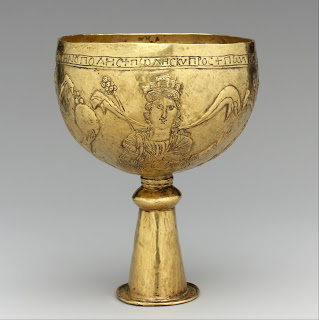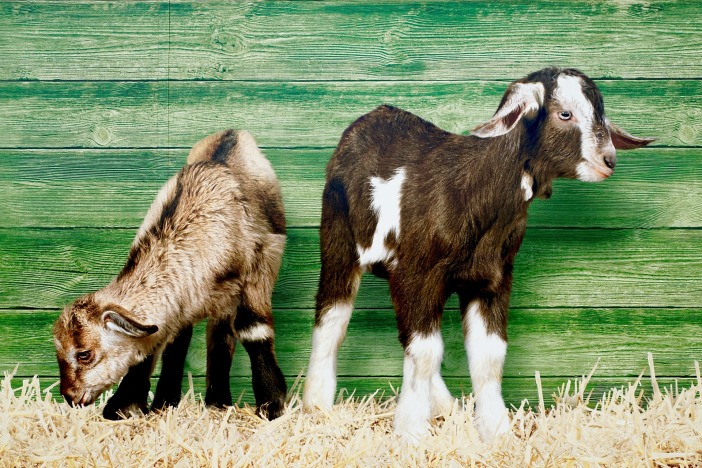Via Old French cerchier, search goes back to the Latin circare, literally “to go round.” The verb is formed from circus, source of and meaning circle.

Via Old French cerchier, search goes back to the Latin circare, literally “to go round.” The verb is formed from circus, source of and meaning circle.

There’s only one way to describe the rain deluging Houston, Texas in the wake of Hurricane Harvey this week: torrential. Nearly thirty inches have already fallen over parts of the city as of Monday night, and 20 more inches are still expected.
The frequent co-occurrence of these two words, torrential and rain, is called collocation by linguists, and we’ve seen it before in my post on rampant, which is so often coupled with corruption. We’re also seeing collocation at work in Houston’s catastrophic flooding.
But how about the word torrential itself? Where does it come from?

Safari was borrowed in the 1850s from the Swahili safari, meaning “journey” or “expedition,” in turn from the Arabic safar, “journey” or “tour.”

Researchers concluded this week that nearly 60 million people in Pakistan are at risk of drinking water with “alarmingly high” levels of arsenic, the contamination leaching into groundwater from rock.
The poisonous qualities of arsenic, a semi-metal, and its various compounds have long been known to (and sometimes disregarded by) humans—as has the word. As we work to ensure clean water for Pakistan, let’s look into the etymology of arsenic.

First recorded in the 1850s, a rucksack is a “backpack”—literally. The word is borrowed from German, with the ruck from a regional word for back, Rücken, related to ridge.

A laundry hamper, first attested in 1392, is shortened from hanaper, a case for a hanap, an old term for a precious goblet or drinking vessel. Its deeper roots are French and Frankish. The verb hamper, “to impede,” is apparently unrelated.

A total solar eclipse will stretch across the United States today from Oregon to South Carolina. As umbraphiles look up at the eerie splendor of the rare astronomical event, I can’t help but look down—in my etymological dictionaries. Where does the word eclipse come from?

Continue reading “Looking directly at the—origin—of “eclipse””
In lieu of a feature word origin today, I wanted to point you to some of my other etymological goings-on around the web. I’m very pleased to announce that I have two new series on the Oxford Dictionaries blog debuting this week.
Continue reading “Some etymological news and updates from Mashed Radish”
Kid, likely borrowed from Old Norse, named a “young goat” (1200s) long before it did “child.” Kid as “child” was a slang term in late 1500s, familiar, though informal, by the late 1800s.
